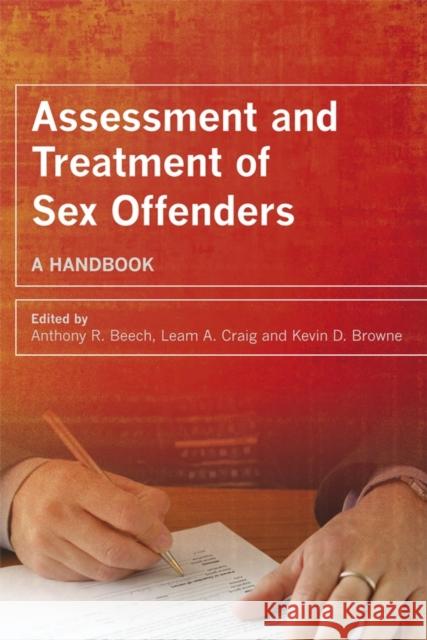Assessment and Treatment of Sex Offenders: A Handbook » książka
topmenu
Assessment and Treatment of Sex Offenders: A Handbook
ISBN-13: 9780470019009 / Angielski / Miękka / 2009 / 612 str.
A comprehensive resource for practitioners working with sexual offenders.
- Discusses assessments and interventions, as well as providing a comprehensive literature review
- There are around 10,000 convictions or cautions for sexual offences in the UK each year; early evidence suggests that treatment programmes can halve re-conviction rates
- Edited by a University of Birmingham team who are world leaders in researching this area; the subject is of interest worldwide, with strong markets in Canada and New Zealand
- Includes material on managing offenders with developmental disabilities and those with Dangerous and Severe Personality Disorder











